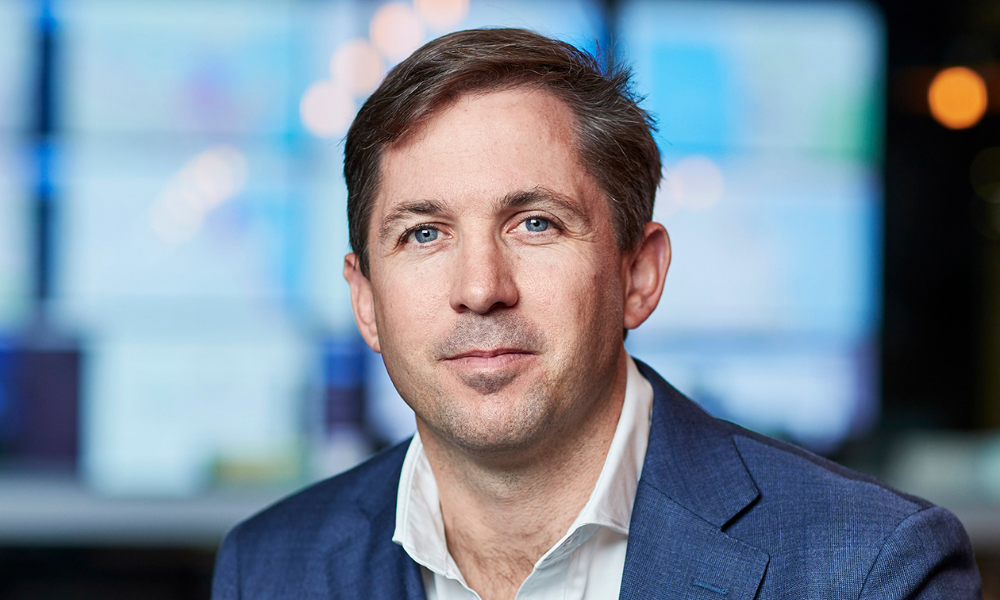
'Customer aggression is really impacting employee wellbeing,' says expert offering insights

Looking ahead at 2024, there are a variety of wellbeing trends that HR team should be on top of, according to Peter Burnheim, COO and co-founder of Sonder, a safety technology company.
Burnheim described some of the key wellbeing trends HR teams should look out for in 2024.
Employee burnout: “Clearly burnout is one of the key hazards within the workplace which is very hard to manage and hard to monitor,” he said. “But I think the combination of cost-of-living pressures [and] business under more pressure, that burnout will become exacerbated.”
Stress from the high cost of living: “We're seeing real stress that comes through the cost of living in people's day-to-day and that manifests in many different ways,” Burnheim said. “With our comprehensive triage process and also our mental health pathways, we're seeing that people are seeking support for the stress that comes from that.”
Customer aggression: Burnheim sees this as interrelated with the high cost of living.
“Frontline staff are taking the brunt of that,” he said. “No doubt, the general stress in the broader community around cost of living is potentially having people act in a way that they probably would not like to with frontline workers. And that customer aggression is really impacting on employee wellbeing.”
Balancing hybrid work: The ongoing balance employers are facing when it comes to hybrid work is another issue Burnheim mentioned, particularly around getting employees back into the office.
“I think the macros of how employers get that balance right and whether that's more incentives to bring them back in, or if it's the changing employment market that changes that dynamic,” he said. “I think that's a really important one.”
How EAPs can help employees
Burnheim believes an employee assistance program (EAP) is not just about providing employees a phone number to call, it needs to be a systematic approach within an organisation.
“When we talk about the actual EAP, in the sense of the support programs, there needs to be a culture where people are encouraged to use it proactively,” he said. “It's not just this responsive thing.
“And employees need to know that there's no stigma around that; there is a true sense that, whether it's going to an EAP or taking a day off work or whatever it is, that there's this culture around ‘You need to be your best and bring the best to work and so we will provide you whatever tools we need to enable that’.”
The purpose of safety technology company Sonder is to empower people to be their best, says co-founder and COO, Peter Burnheim. And it aims to do that by ensuring employees are getting the right care at the right time, he said.
“It’s absolutely critical for employers to prioritise wellbeing,” he told HRD Australia.
“It's around having a view of a partnership in the sense that [an] employer’s responsibility is really to provide a culture of care but also the work environment and the tools, culture to enable them. But it's also a requirement for employees to take that opportunity and really take their wellbeing in their own hands.”
Sonder provides employees support through a combination of digital tools and human based-support services across safety, medical and mental health. It includes access to emergency services, clinical and non-clinical specialists as well as a support centre that can monitor your location if, for example, an employee feels unsafe travelling alone at night from work.
“We think it's really important to create the physical safety and the psychological safety people need to have that peace of mind,” Burnheim said.